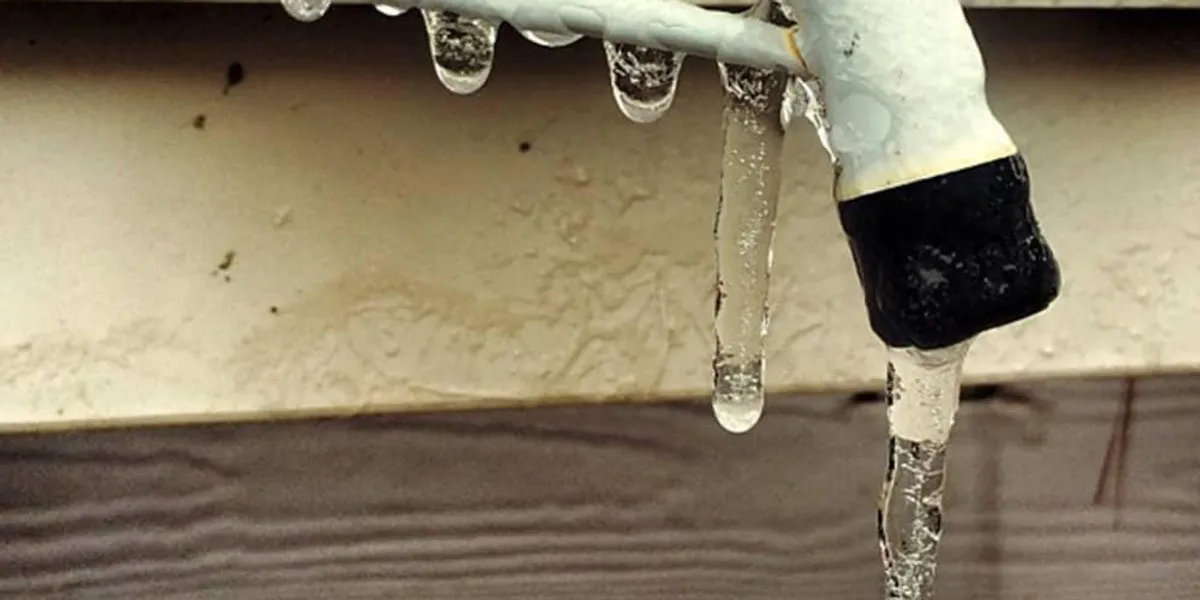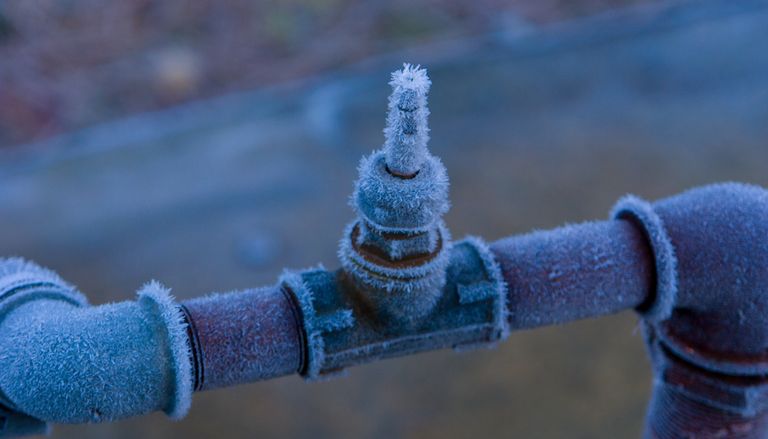Important Advice to Avoid Frozen Pipes in Cold Weather
Important Advice to Avoid Frozen Pipes in Cold Weather
Blog Article
Just how do you actually feel in relation to How to Prevent Your Pipes From Freezing?

Cold weather can damage your pipes, particularly by freezing pipelines. Here's exactly how to prevent it from occurring and what to do if it does.
Introduction
As temperature levels decline, the risk of icy pipelines increases, potentially bring about costly repair work and water damages. Recognizing how to avoid icy pipes is important for home owners in cool environments.
Recognizing Frozen Pipes
What triggers pipes to ice up?
Pipelines freeze when revealed to temperature levels below 32 ° F (0 ° C) for prolonged periods. As water inside the pipes ices up, it expands, putting pressure on the pipe wall surfaces and possibly triggering them to rupture.
Dangers and problems
Frozen pipelines can cause water supply interruptions, property damage, and expensive repair services. Ruptured pipelines can flooding homes and cause considerable structural damage.
Signs of Frozen Water Lines
Recognizing frozen pipes early can prevent them from bursting.
How to determine frozen pipes
Look for decreased water flow from faucets, unusual odors or noises from pipelines, and noticeable frost on subjected pipes.
Prevention Tips
Protecting prone pipes
Cover pipes in insulation sleeves or utilize warm tape to protect them from freezing temperatures. Concentrate on pipes in unheated or outside locations of the home.
Home heating methods
Maintain indoor spaces appropriately heated, particularly areas with pipes. Open closet doors to enable cozy air to circulate around pipelines under sinks.
Safeguarding Outdoor Pipes
Garden pipes and exterior taps
Separate and drain pipes garden pipes prior to wintertime. Install frost-proof faucets or cover outdoor faucets with protected caps.
What to Do If Your Pipes Freeze
Immediate activities to take
If you suspect frozen pipelines, keep faucets open up to eliminate stress as the ice thaws. Make use of a hairdryer or towels soaked in warm water to thaw pipes gradually.
Long-Term Solutions
Architectural adjustments
Think about rerouting pipelines away from outside walls or unheated locations. Include additional insulation to attics, cellars, and crawl spaces.
Updating insulation
Purchase top quality insulation for pipelines, attics, and wall surfaces. Appropriate insulation aids preserve regular temperatures and decreases the threat of frozen pipes.
Verdict
Stopping icy pipes needs positive actions and quick reactions. By comprehending the reasons, indicators, and preventive measures, house owners can shield their pipes throughout winter.
5 Ways to Prevent Frozen Pipes
Drain Outdoor Faucets and Disconnect Hoses
First, close the shut-off valve that controls the flow of water in the pipe to your outdoor faucet. Then, head outside to disconnect and drain your hose and open the outdoor faucet to allow the water to completely drain out of the line. Turn off the faucet when done. Finally, head back to the shut-off valve and drain the remaining water inside the pipe into a bucket or container. Additionally, if you have a home irrigation system, you should consider hiring an expert to clear the system of water each year.
Insulate Pipes
One of the best and most cost-effective methods for preventing frozen water pipes is to wrap your pipes with insulation. This is especially important for areas in your home that aren’t exposed to heat, such as an attic. We suggest using foam sleeves, which can typically be found at your local hardware store.
Keep Heat Running at 65
Your pipes are located inside your walls, and the temperature there is much colder than the rest of the house. To prevent your pipes from freezing, The Insurance Information Institute suggests that you keep your home heated to at least 65 degrees, even when traveling. You may want to invest in smart devices that can keep an eye on the temperature in your home while you’re away.
Leave Water Dripping
Moving water — even a small trickle — can prevent ice from forming inside your pipes. When freezing temps are imminent, start a drip of water from all faucets that serve exposed pipes. Leaving a few faucets running will also help relieve pressure inside the pipes and help prevent a rupture if the water inside freezes.
Open Cupboard Doors
Warm your kitchen and bathroom pipes by opening cupboards and vanities. You should also leave your interior doors ajar to help warm air circulate evenly throughout your home.

I am just very curious about Prevent Frozen Pipes and I am assuming you enjoyed the entire entry. Sharing is good. Helping others is fun. Thank you for taking the time to read it.
Call Today Report this page